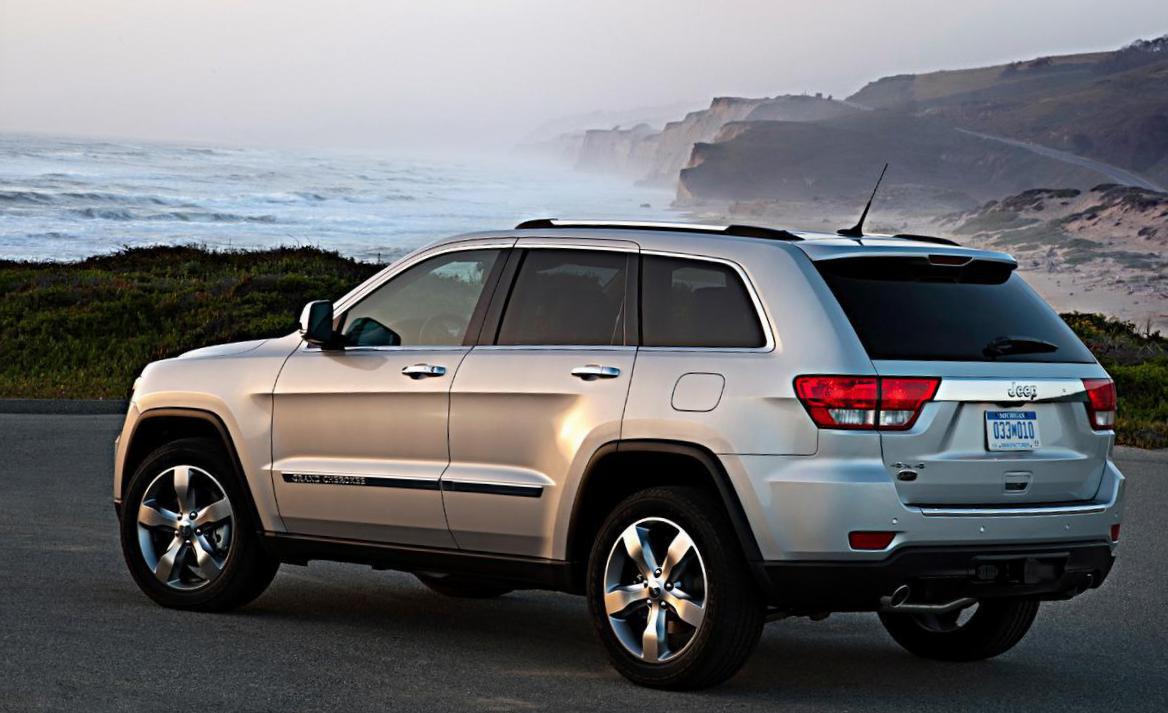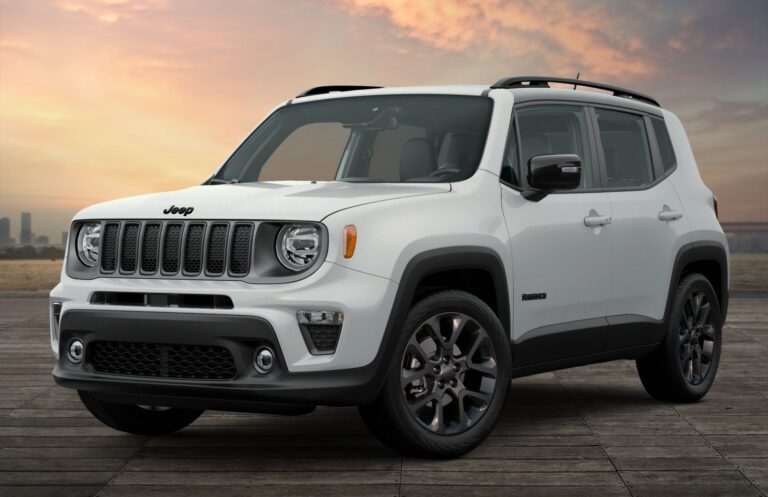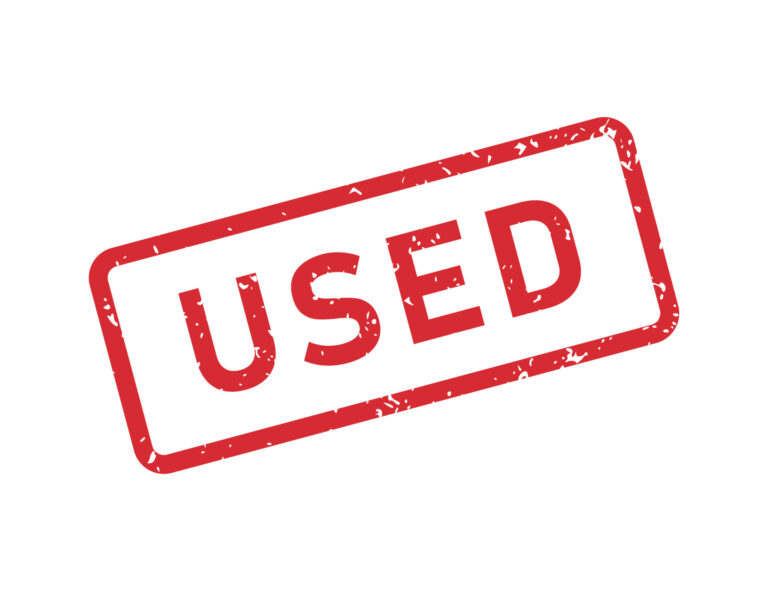Jeep Cherokee Lease Residual Value: A Comprehensive Guide
Jeep Cherokee Lease Residual Value: A Comprehensive Guide jeeps.truckstrend.com
The decision to lease a vehicle, rather than purchase it outright, hinges on a variety of financial factors. Among the most critical, yet often least understood, is the concept of lease residual value. For potential and current lessees of the iconic Jeep Cherokee, understanding this value is not just a matter of financial prudence; it’s the key to unlocking affordable monthly payments and making informed end-of-lease decisions.
This comprehensive article delves into the intricacies of the Jeep Cherokee’s lease residual value. We will define what it is, explore the myriad factors that influence it, explain its profound impact on your lease payments, and provide practical advice for navigating the end-of-lease process, especially in light of the Jeep Cherokee’s recent discontinuation. By the end, you’ll be equipped with the knowledge to approach your Jeep Cherokee lease with confidence and clarity.
Jeep Cherokee Lease Residual Value: A Comprehensive Guide
Understanding Lease Residual Value: The Basics
At its core, lease residual value represents the estimated wholesale value of a vehicle at the end of its lease term. Expressed as a percentage of the vehicle’s Manufacturer’s Suggested Retail Price (MSRP), this figure is pre-determined at the inception of your lease agreement by the leasing company. It’s essentially an educated guess about how much the car will be worth after you’ve driven it for two, three, or four years.
Why is this number so important? Because it directly dictates the amount of depreciation you, as the lessee, are paying for. In a lease, you’re not paying for the full value of the car; you’re only paying for the difference between its initial capitalized cost (often close to MSRP) and its residual value, plus interest (known as the money factor) and fees.
The Formula:
Monthly Payment ≈ [(Capitalized Cost – Residual Value) / Lease Term] + (Capitalized Cost + Residual Value) * Money Factor
A higher residual value means the vehicle is projected to hold more of its value, leading to a smaller depreciation amount. This, in turn, translates to lower monthly lease payments for you. Conversely, a lower residual value indicates higher projected depreciation, resulting in higher monthly payments. For the Jeep Cherokee, a vehicle known for its blend of utility and on-road comfort, its residual value performance is a significant aspect of its leasing appeal.
Factors Specific to Jeep Cherokee Lease Residual Value
While general market forces influence all vehicle residual values, the Jeep Cherokee has unique characteristics that specifically shape its projected end-of-lease worth. Understanding these can help lessees anticipate future scenarios.

-
Brand Perception and Heritage: Jeep commands a unique brand loyalty built on its rugged image, off-road capability, and American heritage. This strong brand identity generally contributes positively to residual values, as it sustains demand in the used car market. The Cherokee, while more car-like than a Wrangler, still benefits from this association.

Market Demand and Popularity: The overall popularity of the Jeep Cherokee in the new and used car markets directly impacts its residual value. High demand means higher resale potential. While the Cherokee has been a consistent seller for years, changes in consumer preferences (e.g., towards larger SUVs or electrified vehicles) can shift demand.
-
Trim Levels and Options: Not all Cherokees are created equal in terms of residual value. Higher-end trims like the Trailhawk (known for its off-road prowess) or the luxurious Overland often retain a higher percentage of their value compared to base Latitude models. Desirable features such as 4×4 capability (especially critical for a Jeep), advanced safety packages, panoramic sunroofs, and infotainment upgrades can significantly bolster residual value. Less popular color combinations or niche options might have the opposite effect.
-
Engine Choices: The type of engine can play a role. Historically, the V6 engine options in the Cherokee might have been perceived as more desirable for certain buyers due to their power and towing capabilities, potentially influencing their residual value compared to the 4-cylinder turbocharged options, depending on market preference at the time.
-
Mileage Allowance: Lease agreements specify an annual mileage limit (e.g., 10,000, 12,000, or 15,000 miles per year). Exceeding this limit results in per-mile penalties at lease end, effectively reducing the actual value you get for your lease. Conversely, staying well under the limit can sometimes offer a slight advantage if you decide to buy the vehicle out, as its condition might be better than assumed.
-
Vehicle Condition: This is largely within the lessee’s control. A well-maintained Cherokee, free of excessive wear and tear, dings, dents, and mechanical issues, will naturally be worth more than a neglected one. Following the manufacturer’s recommended service schedule is crucial.
-
Economic Factors and Market Trends: Broader economic conditions, such as interest rates, fuel prices, and the overall supply/demand dynamics in the used car market, can influence residual values. For instance, high fuel prices might depress the residual value of larger, less fuel-efficient vehicles.
-
The Discontinuation Factor (Crucial for Jeep Cherokee): This is perhaps the most significant recent development impacting the Jeep Cherokee’s residual value. Stellantis, Jeep’s parent company, officially ceased production of the Cherokee in February 2023. While this doesn’t affect the contractual residual value set at the beginning of existing leases, it profoundly impacts the actual market value of these vehicles as their leases mature. Discontinued models often experience accelerated depreciation in the used market due to lower demand, potential concerns about parts availability (though typically not an immediate issue for mass-produced vehicles), and the absence of new models to prop up their value. This means that for current lessees, the vehicle’s market value at lease end might be lower than the pre-determined residual value, making returning the vehicle the more financially sensible option.

How Jeep Cherokee Residual Value Impacts Your Lease Payments
As established, the residual value is a cornerstone of your monthly lease payment calculation. Let’s break down how it works.
Imagine two hypothetical scenarios for a Jeep Cherokee with an MSRP (Capitalized Cost) of $35,000 for a 36-month lease:
- Scenario A (Higher Residual): If the residual value is projected at 55% of MSRP, the residual amount is $19,250 ($35,000 x 0.55). The depreciation portion you pay for is $35,000 – $19,250 = $15,750 over 36 months.
- Scenario B (Lower Residual): If the residual value is projected at 45% of MSRP, the residual amount is $15,750 ($35,000 x 0.45). The depreciation portion you pay for is $35,000 – $15,750 = $19,250 over 36 months.
Even before factoring in the money factor (interest) and taxes, Scenario B would result in higher monthly payments simply because you’re paying for more depreciation. This starkly illustrates why a higher residual value is so advantageous for lessees. For the Jeep Cherokee, its historical ability to hold value reasonably well (prior to discontinuation news) was a key factor in its competitive lease offers.
End-of-Lease Options and Residual Value for the Jeep Cherokee
As your Jeep Cherokee lease approaches its conclusion, the residual value becomes central to your decisions:
-
Return the Vehicle: If the actual market value of your Jeep Cherokee at lease end is lower than the pre-determined residual value in your contract, returning the vehicle is almost always the most financially sound choice. You simply pay any outstanding fees (excess mileage, wear and tear) and walk away. Given the discontinuation of the Cherokee, this is a highly probable scenario for many current lessees. The leasing company bears the risk of the car being worth less than anticipated.
-
Buyout the Vehicle: If the actual market value of your Jeep Cherokee is higher than the pre-determined residual value, buying the vehicle out might be a good deal. This means you purchase the car for the residual value stated in your contract. This can happen if the used car market experiences an unexpected surge or if you’ve kept the vehicle in exceptionally good condition with low mileage, making its actual value exceed the projection. However, with the Cherokee’s discontinuation, this scenario is less likely unless market conditions are highly unusual.
-
Trade-in (If Buying Out): If you decide to buy out your Cherokee because its market value exceeds the residual, you could then potentially trade it in towards a new vehicle purchase (used or new model from another line) and use the equity.
Implication of Discontinuation: For those whose leases are ending now or in the near future, the most critical consideration is the market value of the used Jeep Cherokee. Because it’s a discontinued model, its resale value may have depreciated faster than the contractual residual value predicted years ago. Lessees should research current used car prices for their specific Cherokee model, trim, and mileage before making any end-of-lease decision. Tools like Kelley Blue Book (KBB) or Edmunds can provide estimates.
Tips for Managing Your Jeep Cherokee Lease Residual Value
While the discontinuation is a major external factor, there are still steps you can take to manage the end of your Jeep Cherokee lease effectively:
- Understand Your Lease Agreement: Know your exact residual value, mileage limits, and wear-and-tear guidelines from day one.
- Maintain Your Vehicle Meticulously: Regular servicing, oil changes, tire rotations, and keeping detailed records will help preserve the vehicle’s condition and demonstrate proper care at lease end.
- Stay Within Mileage Limits: Exceeding your mileage allowance is costly. Track your mileage throughout the lease term. If you anticipate going over, contact your leasing company early to discuss options, which might include purchasing additional miles at a reduced rate or exploring an early lease termination.
- Protect the Interior and Exterior: Use floor mats, seat covers, and be mindful of spills and scratches. Minor dents and dings can add up to significant charges. Consider paint protection film or ceramic coating.
- Assess Wear and Tear: Understand what constitutes "normal" vs. "excessive" wear and tear according to your lease contract. Address minor issues (e.g., small scratches, curb rash on wheels) before the final inspection to avoid higher charges.
- Negotiate the Capitalized Cost: While not directly about residual value, negotiating a lower initial capitalized cost will reduce the total amount you finance, thereby lowering your monthly payments.
- Research End-of-Lease Market Value: As your lease nears its end, actively research the current market value of a used Jeep Cherokee identical to yours. This will inform your decision to return or buy out the vehicle. If the market value is significantly lower than your residual, prepare to return it.
Challenges and Considerations for Jeep Cherokee Lessees
The discontinuation of the Jeep Cherokee presents unique challenges for lessees:
- Accelerated Depreciation: As discussed, the lack of new models on dealer lots can lead to a faster decline in used market value for the Cherokee than might have been projected when your lease began. This increases the likelihood that your actual market value will be below your contractual residual value.
- Reduced Demand for Buyouts: Fewer buyers in the used market specifically seeking a discontinued model might make it harder to sell your vehicle if you choose to buy it out, or might necessitate selling it at a lower price.
- Long-Term Parts Availability (Minor Concern for Now): While not an immediate issue for a mass-produced vehicle like the Cherokee, over many years, the absence of new production can theoretically lead to eventual challenges in sourcing specific parts, which can indirectly affect very long-term resale value (beyond typical lease terms).
Illustrative Jeep Cherokee Lease Residual Value Information
Since the Jeep Cherokee is no longer available for new leases, the following table provides illustrative historical or hypothetical residual value data based on typical lease structures. It’s crucial to understand that these are examples only and actual figures from past lease contracts would vary based on the exact date, trim, mileage, and leasing company. New leases for this model are not available.
| Model/Trim | MSRP (Example) | Lease Term | Annual Mileage | Estimated Residual % (Hypothetical) | Estimated Residual Value ($) (Hypothetical) | Notes |
|---|---|---|---|---|---|---|
| Cherokee Latitude Lux | $34,000 | 36 Months | 10,000 miles | 52% | $17,680 | Base model, lower initial residual. |
| Cherokee Altitude | $36,500 | 36 Months | 10,000 miles | 53% | $19,345 | Popular appearance package. |
| Cherokee Trailhawk | $40,000 | 36 Months | 10,000 miles | 55% | $22,000 | Off-road capability often boosts residual. |
| Cherokee Overland | $42,500 | 36 Months | 10,000 miles | 54% | $22,950 | Premium trim, good value retention. |
| Cherokee Latitude Lux | $34,000 | 48 Months | 10,000 miles | 45% | $15,300 | Longer lease terms typically have lower residual percentages. |
| Cherokee Trailhawk | $40,000 | 36 Months | 15,000 miles | 50% | $20,000 | Higher mileage allowance reduces residual percentage. |
Important Note: The figures above are for illustrative purposes based on past trends for a vehicle that is now discontinued. The actual residual value for an existing lease is fixed in your contract. For those whose leases are ending, the actual market value of your Jeep Cherokee will be determined by current used car market conditions, which can be significantly impacted by its discontinuation.
Frequently Asked Questions (FAQ) about Jeep Cherokee Lease Residual Value
Q1: Can I still lease a new Jeep Cherokee?
A1: No, Stellantis, Jeep’s parent company, ceased production of the Jeep Cherokee in February 2023. Therefore, new lease agreements for a brand-new Cherokee are no longer available. You can, however, explore buying a used Jeep Cherokee.
Q2: What happens if my Cherokee’s actual market value is lower than its residual value at lease end?
A2: If the market value is lower than the residual value in your contract, you should almost certainly return the vehicle to the leasing company. You are only responsible for any excess mileage charges or excessive wear-and-tear fees. The leasing company absorbs the loss from the vehicle being worth less than projected.
Q3: How does mileage affect the residual value?
A3: Your lease agreement specifies an annual mileage allowance. The residual value is calculated assuming you stay within this limit. If you exceed the mileage, you will be charged a per-mile penalty (e.g., $0.20-$0.25 per mile) at lease end. This effectively reduces the actual value you realize from the lease.
Q4: Is it better to buy or lease a Jeep Cherokee now that it’s discontinued?
A4: Since new Cherokees are no longer available, the decision shifts to buying a used Jeep Cherokee. Leasing is no longer an option for a new one. When considering a used model, factors like depreciation, your desired ownership period, and the specific condition and price of the used vehicle become paramount.
Q5: Where can I find the residual value for my specific Cherokee lease agreement?
A5: Your specific residual value is clearly stated in your original lease contract. It will be listed as a dollar amount and often as a percentage of the MSRP. If you cannot locate your contract, contact your leasing company directly.
Concluding Summary
The Jeep Cherokee lease residual value is a cornerstone of your leasing experience, directly influencing your monthly payments and end-of-lease options. While the concept itself is straightforward – the estimated future value of the vehicle – its practical application is complex, particularly now that the Cherokee is a discontinued model.
For current lessees, understanding your contractual residual value and diligently tracking the actual market value of your vehicle as your lease concludes is paramount. The discontinuation introduces a significant variable, likely making returning the vehicle the most financially prudent choice for many. By maintaining your vehicle, adhering to mileage limits, and being proactive in your end-of-lease planning, you can navigate the process smoothly. An informed lessee is an empowered lessee, capable of making the best financial decisions for their unique situation, even when faced with the evolving market dynamics of a beloved, yet discontinued, vehicle like the Jeep Cherokee.





